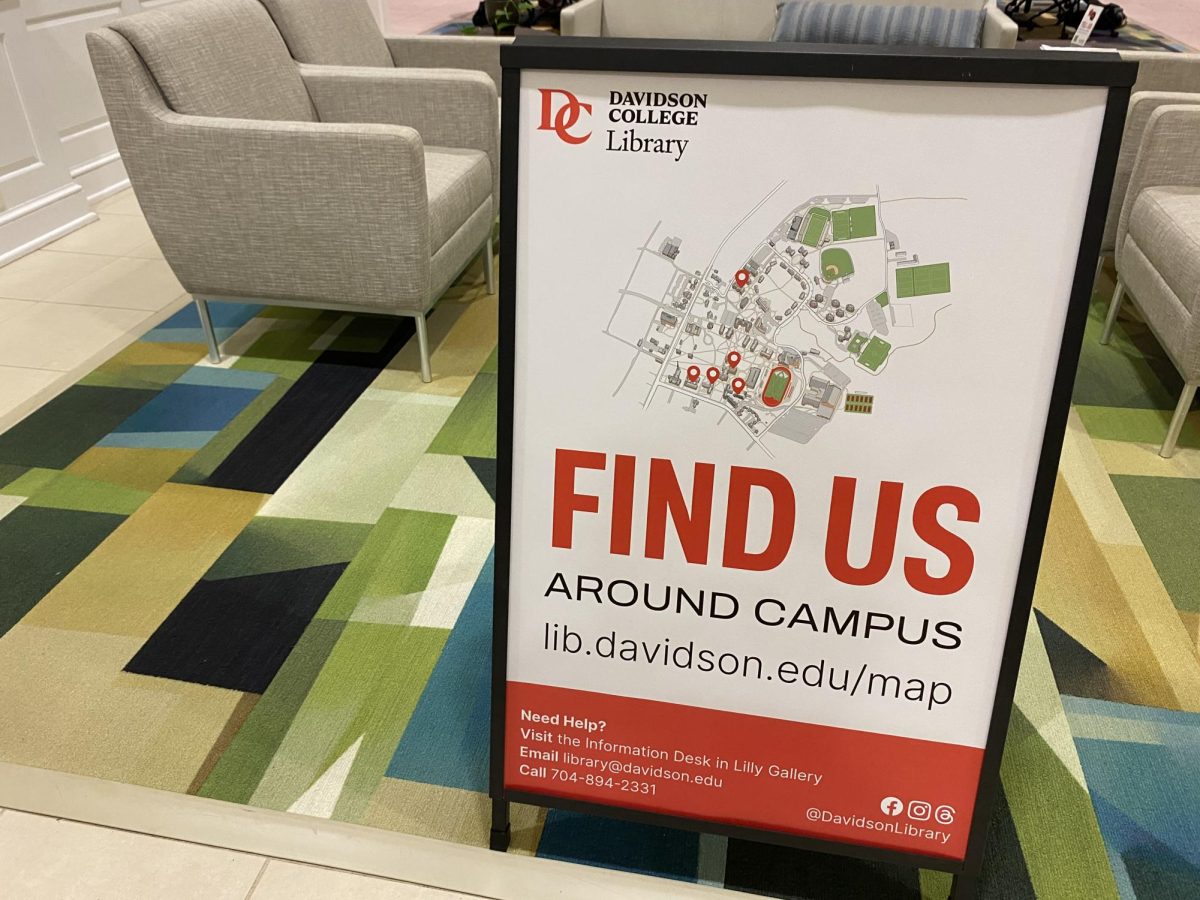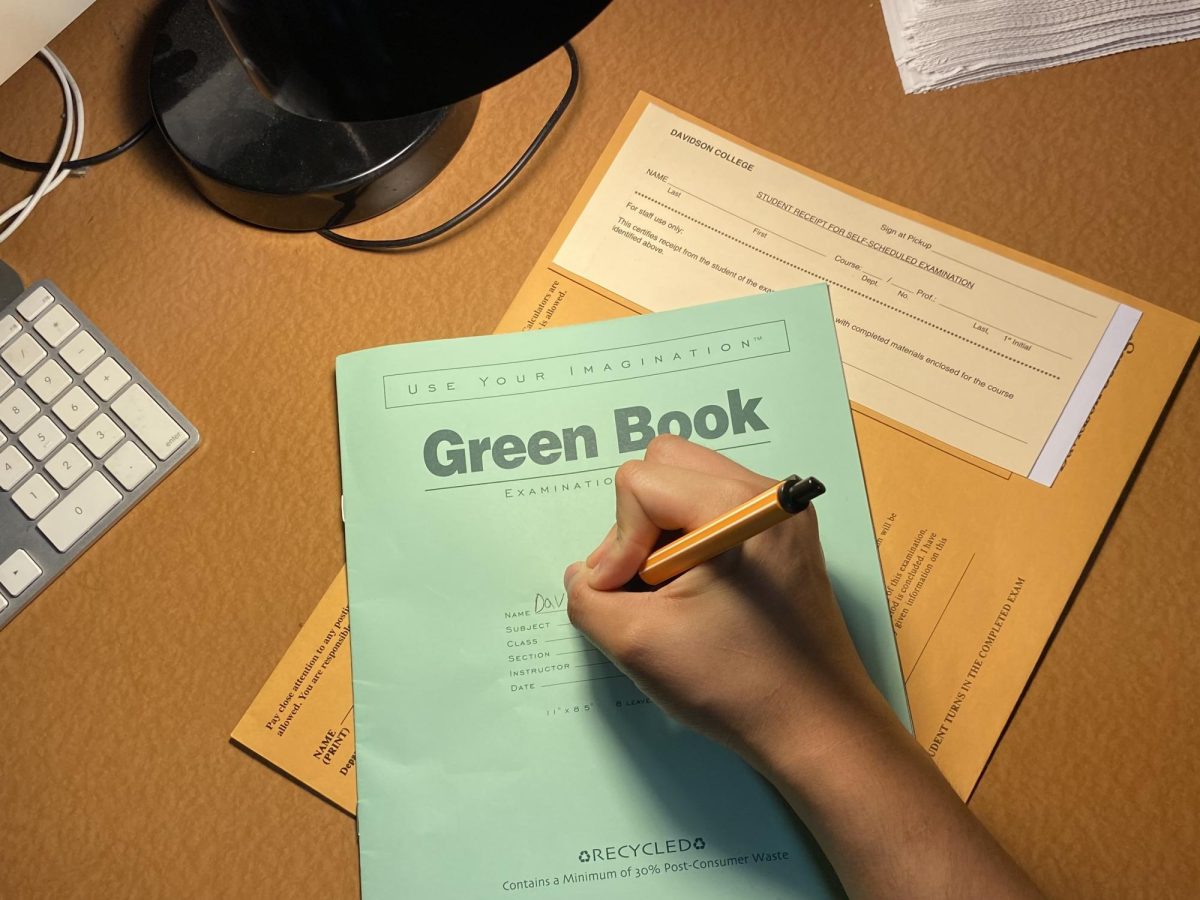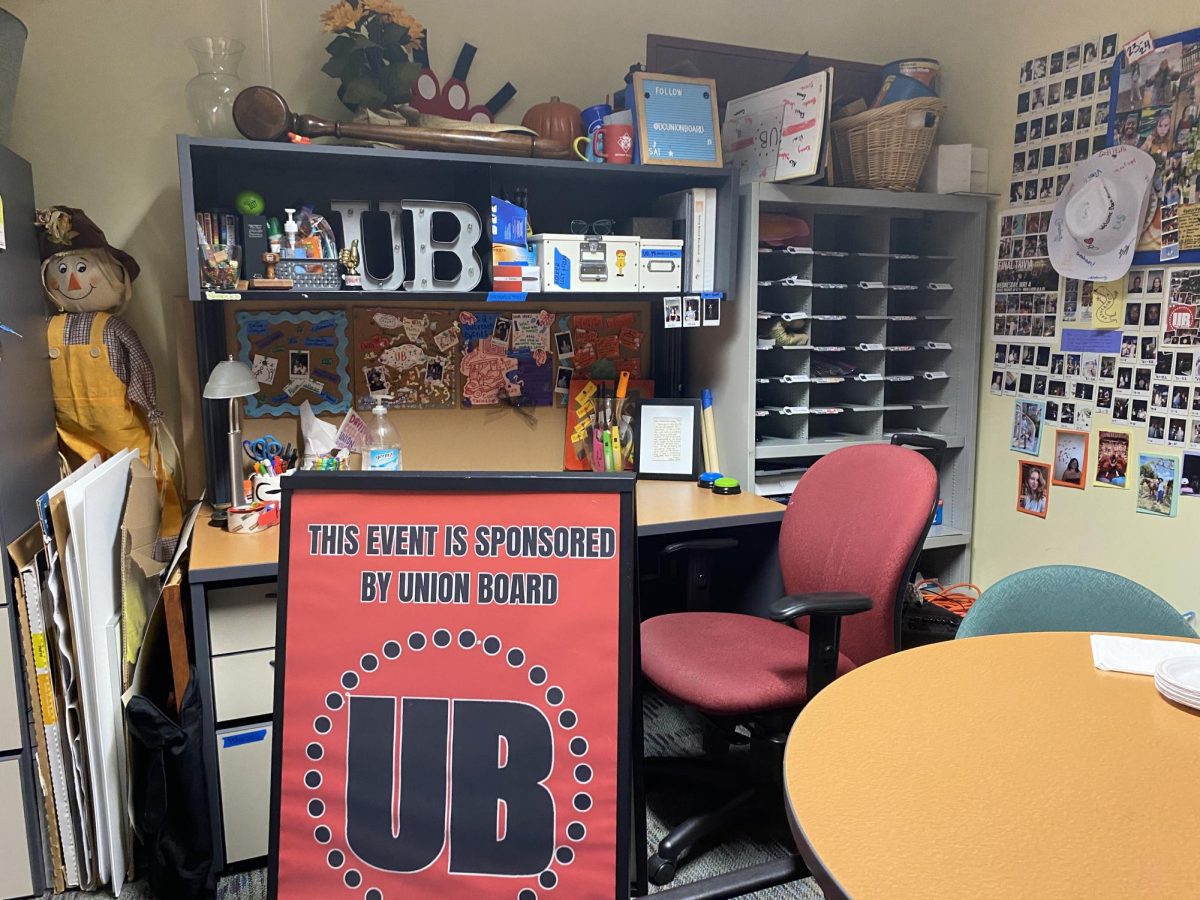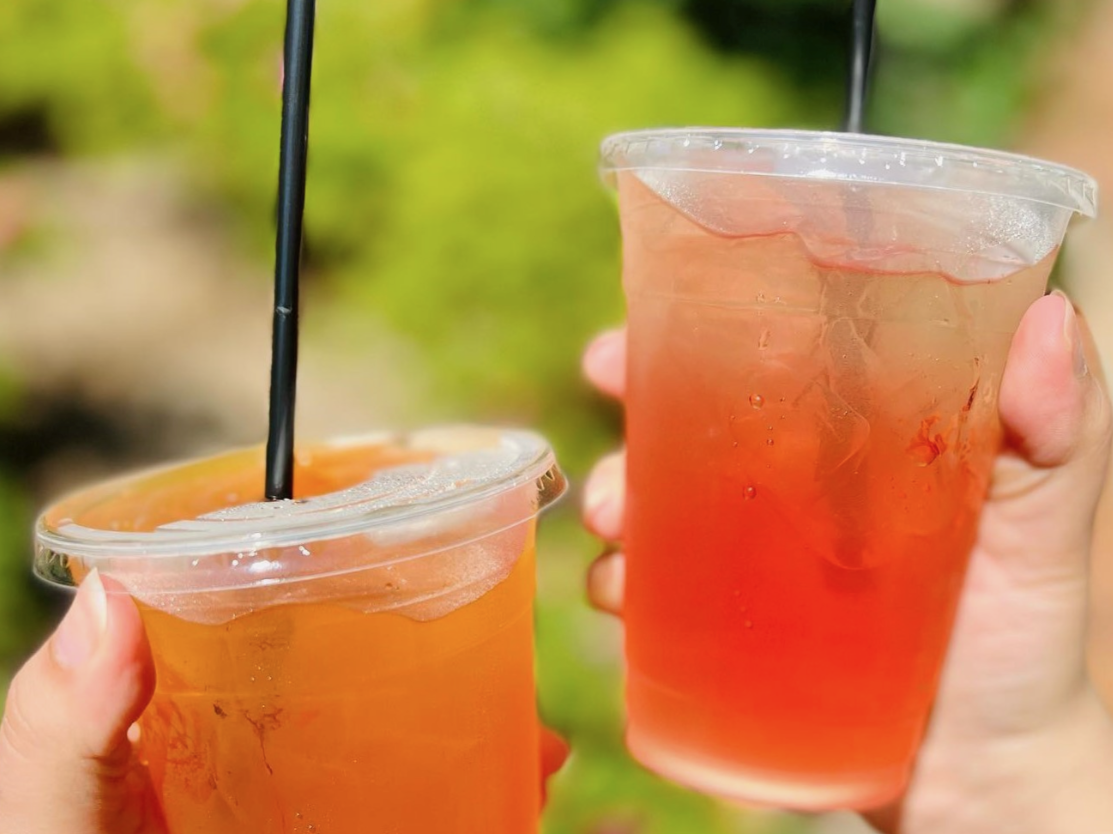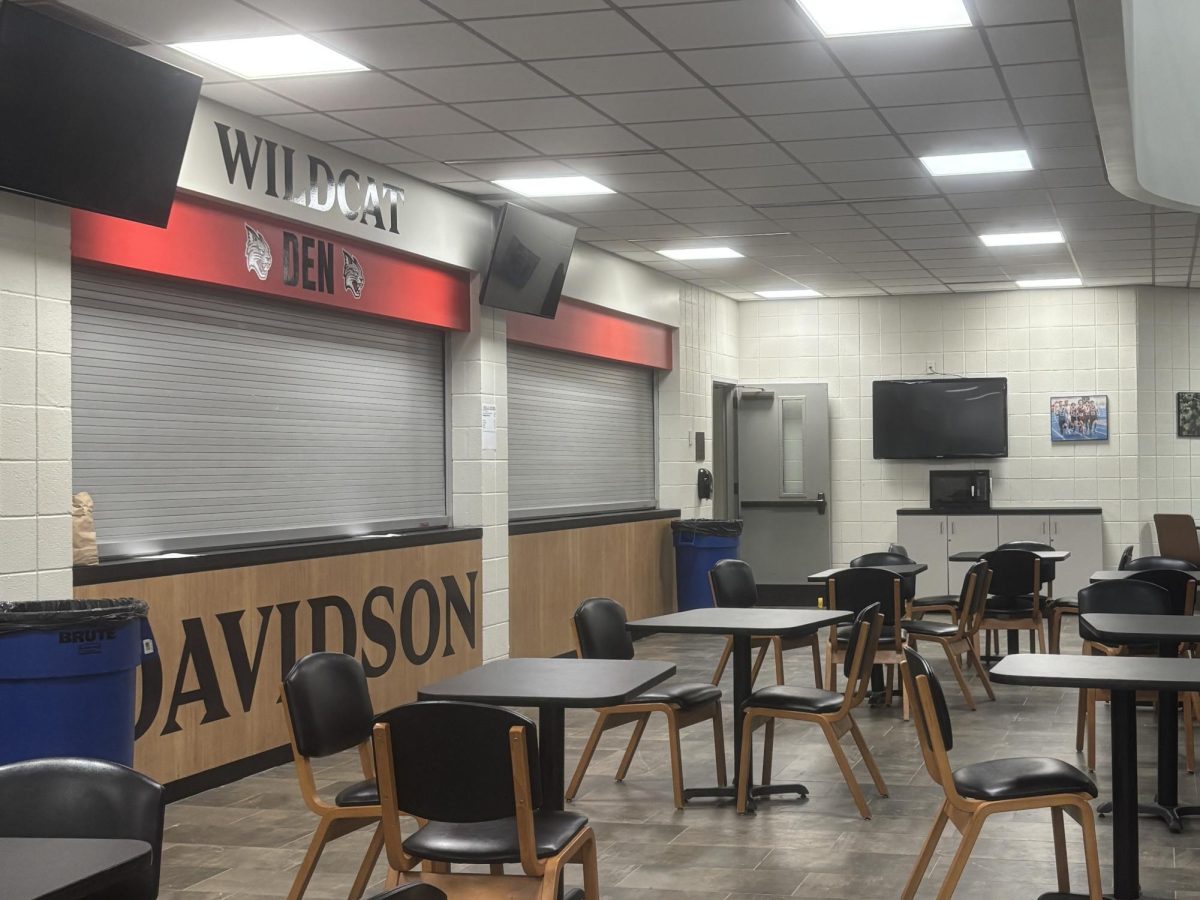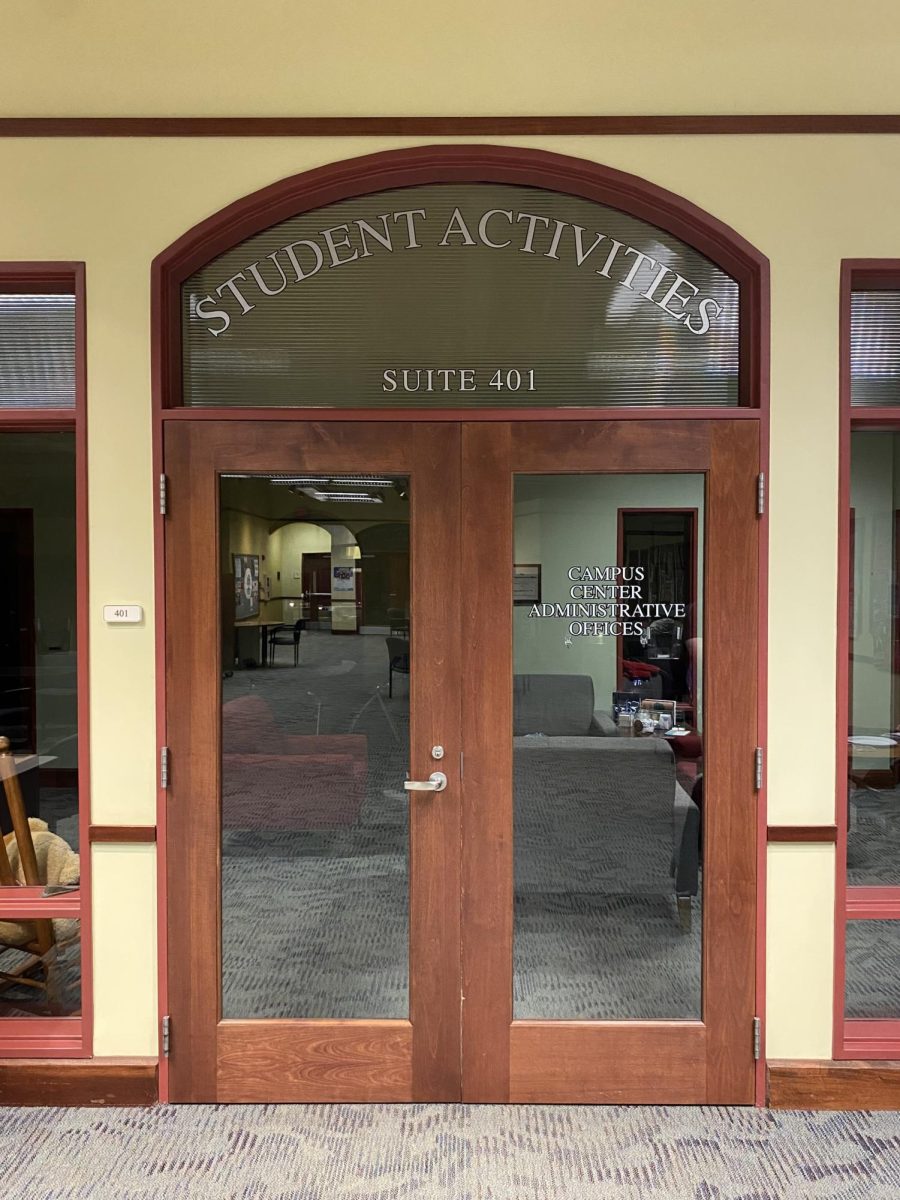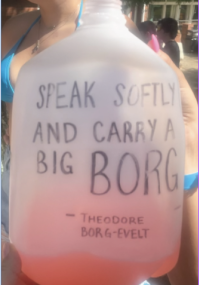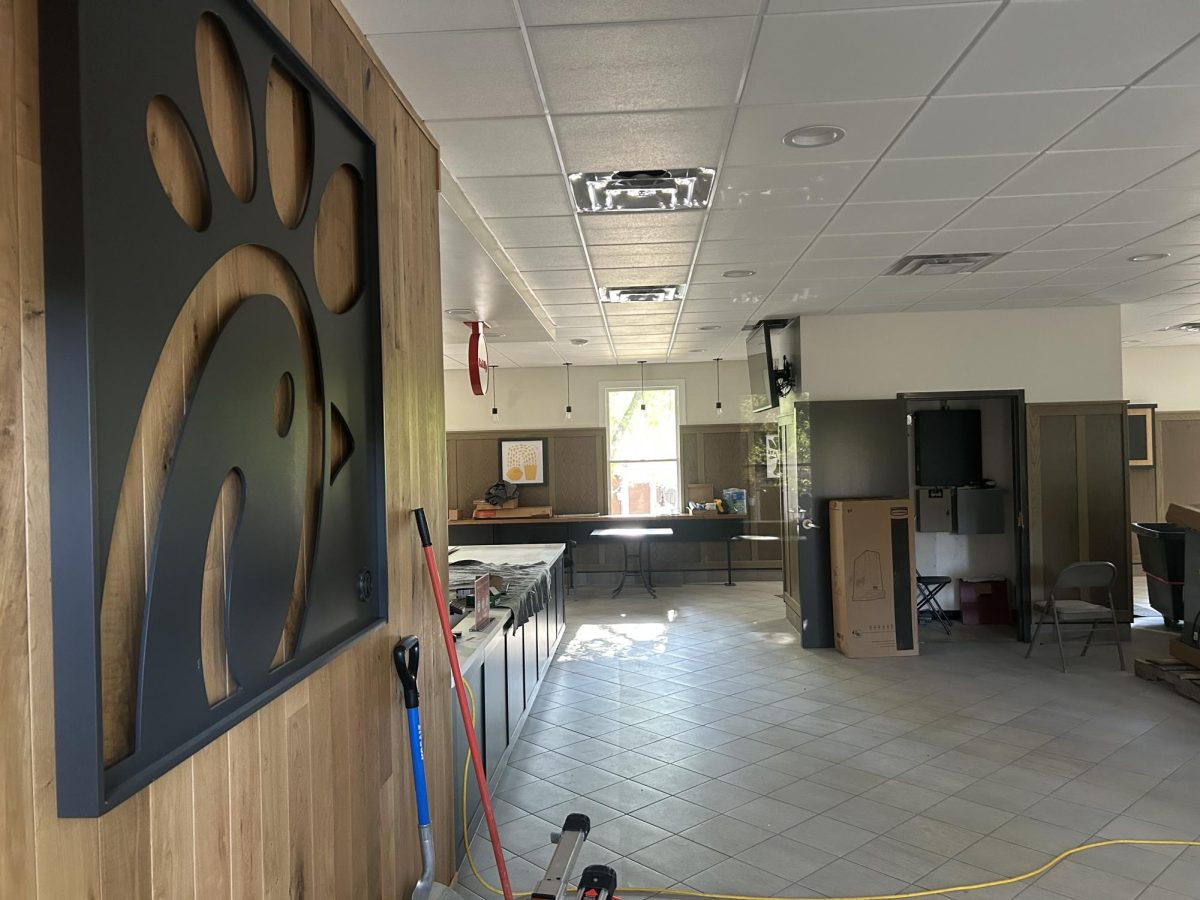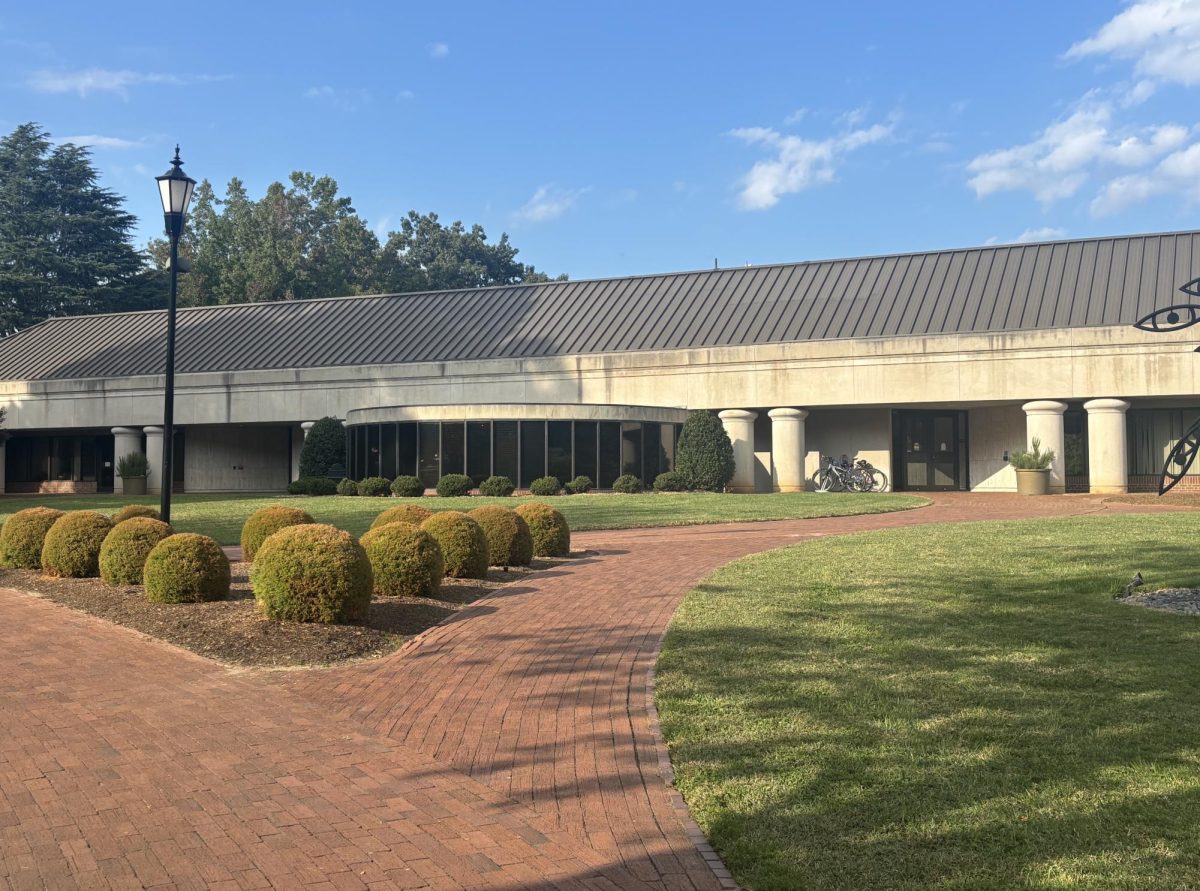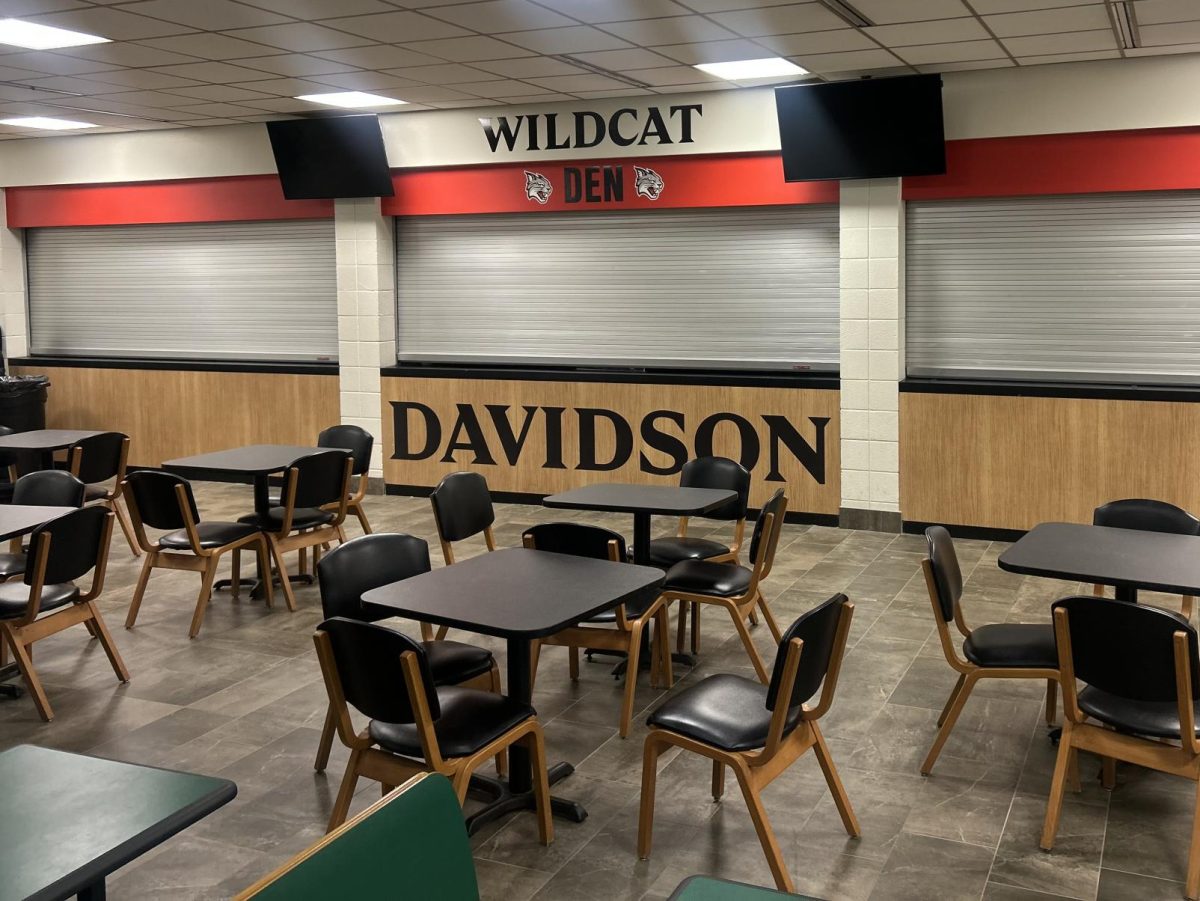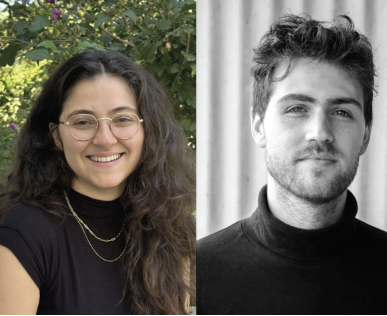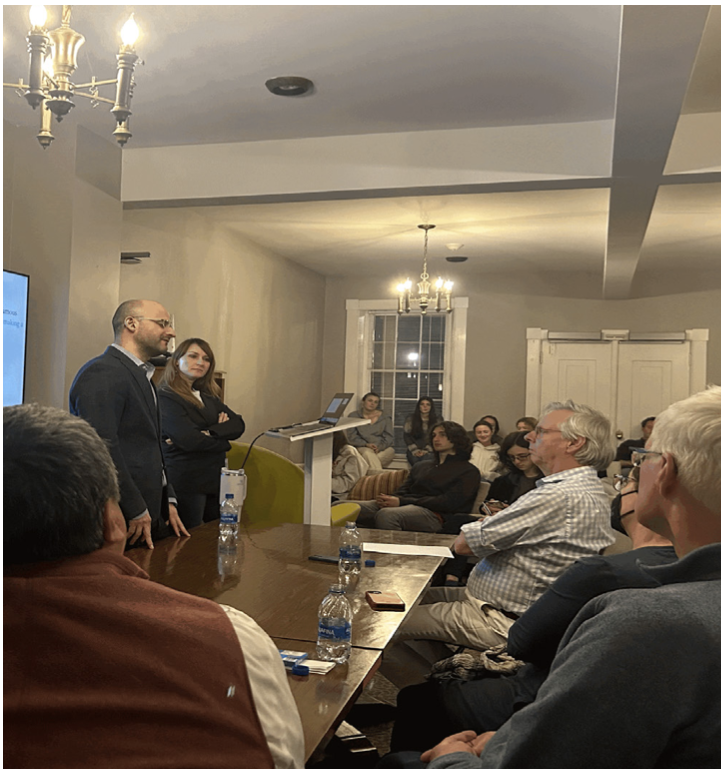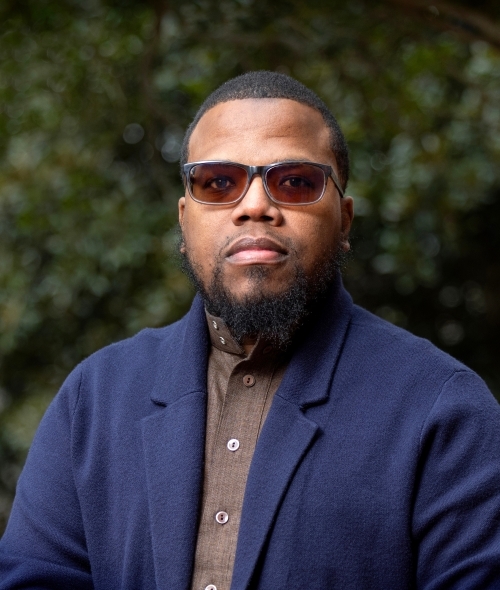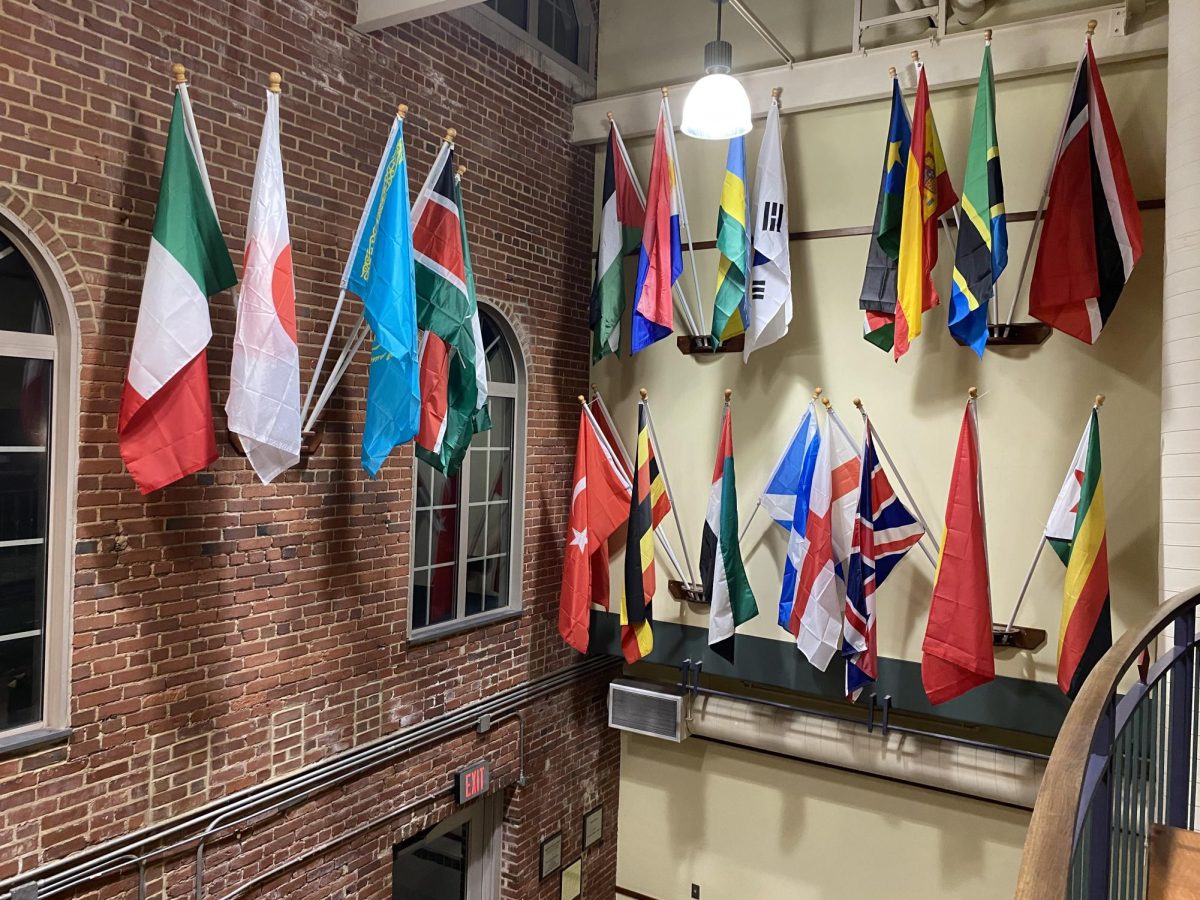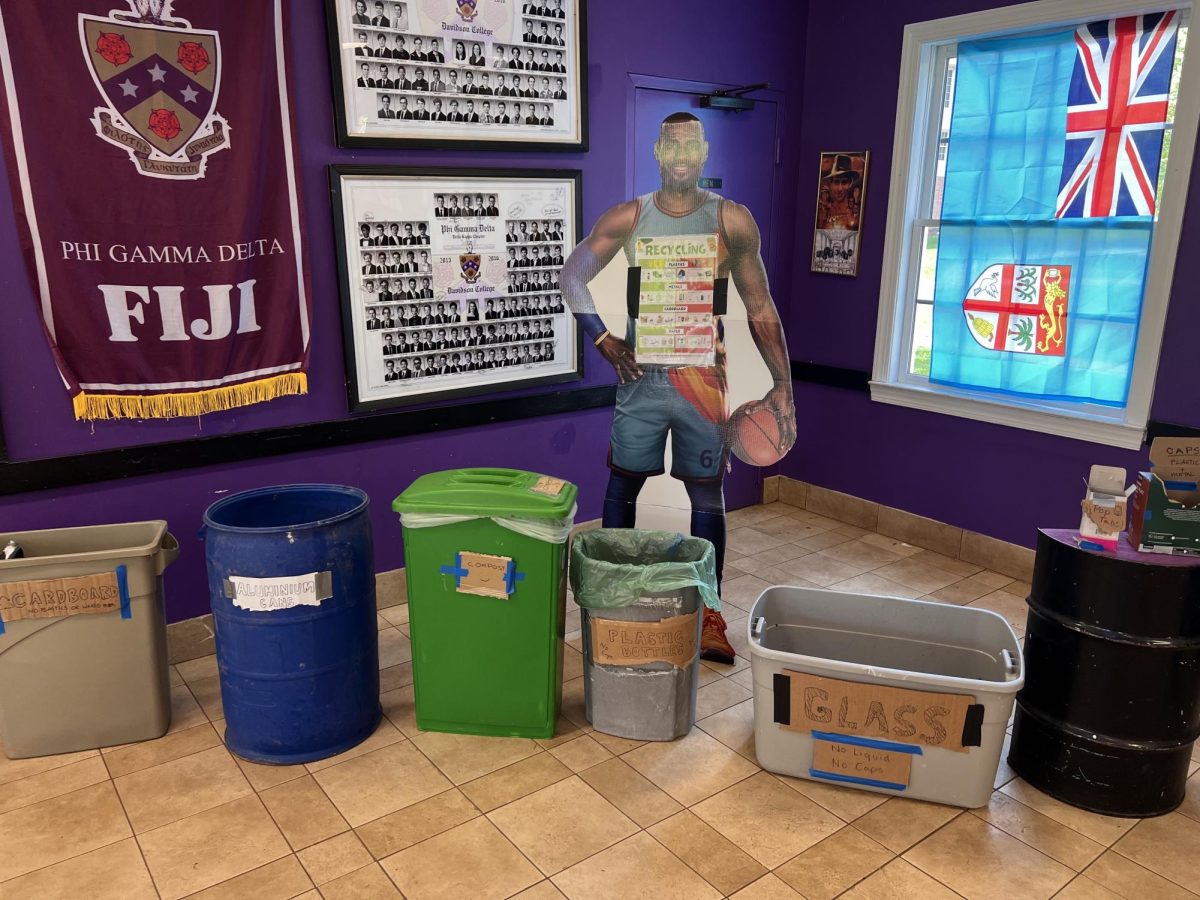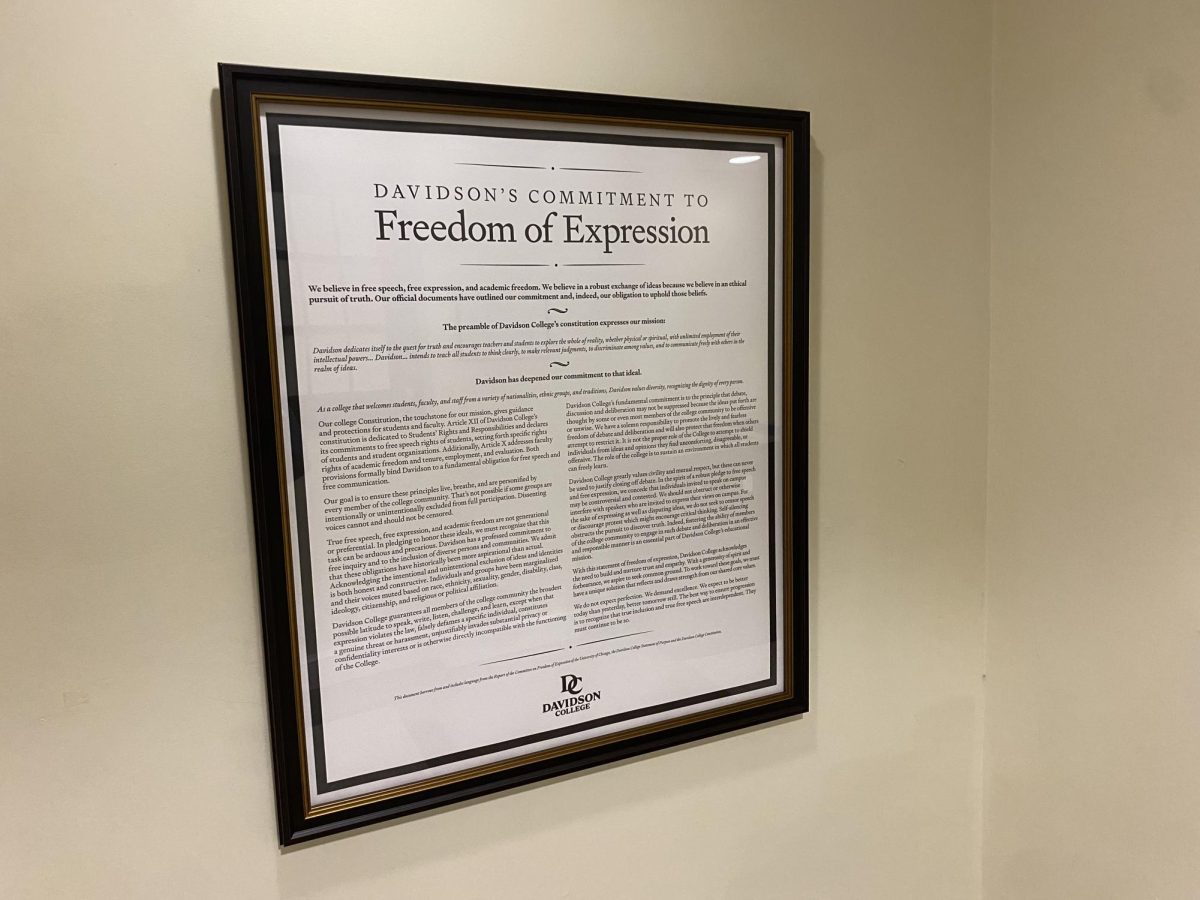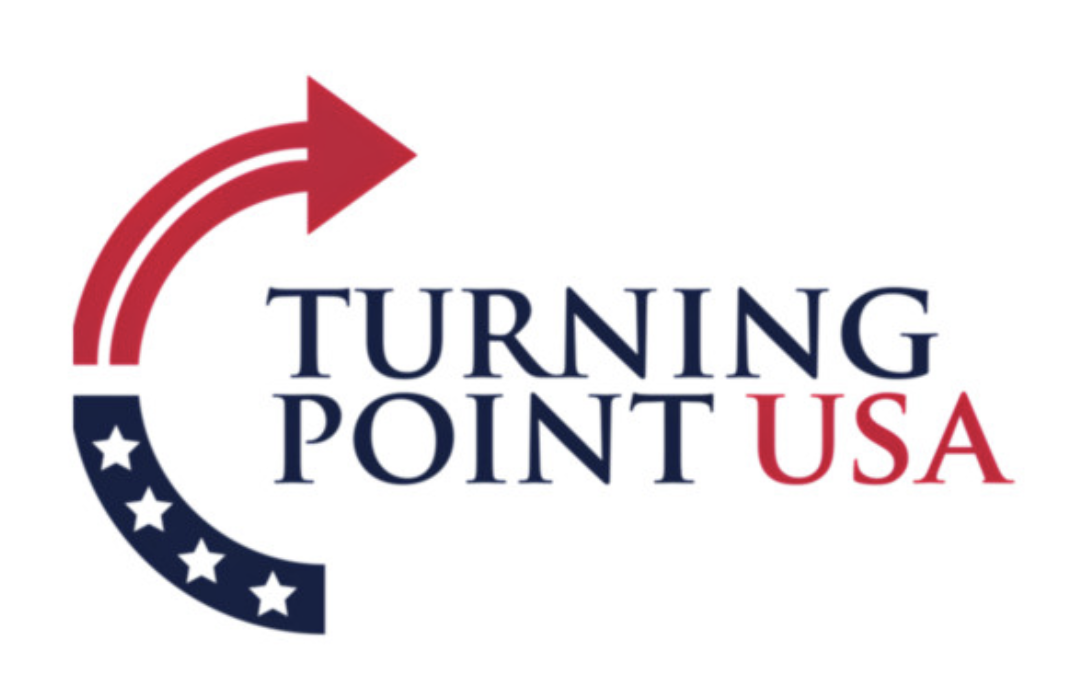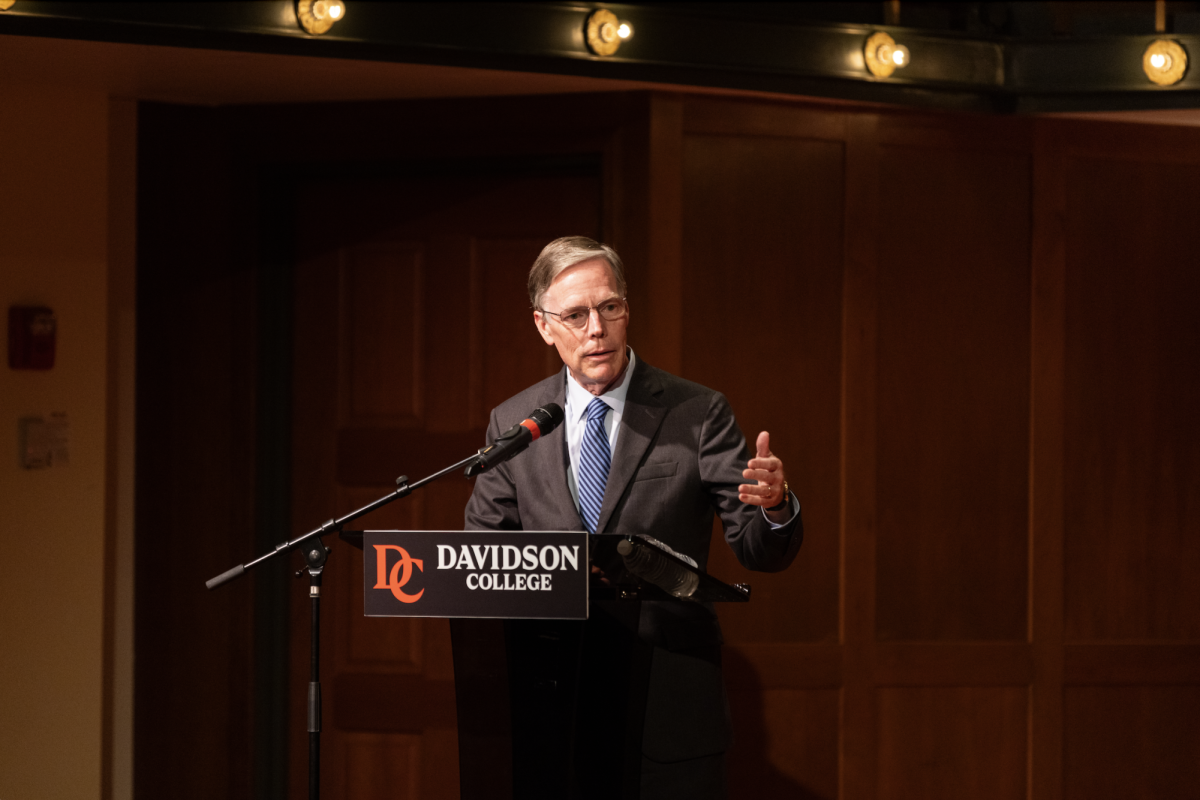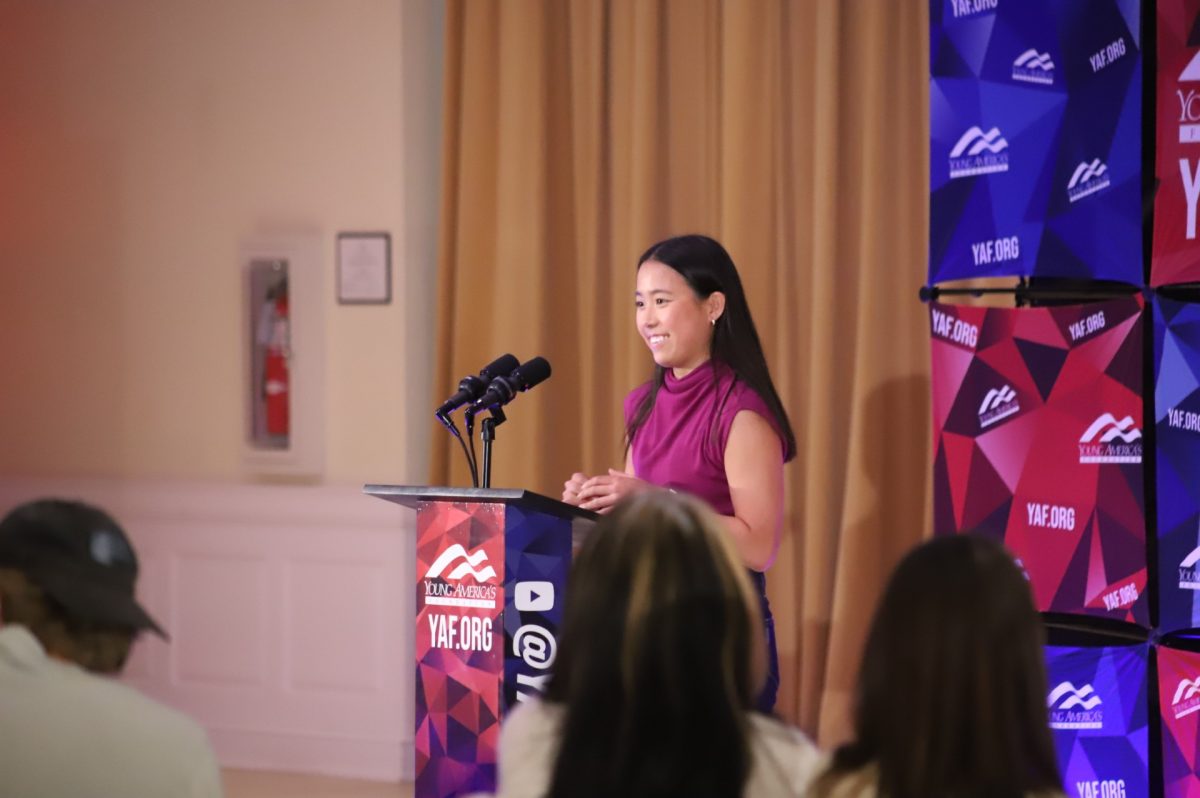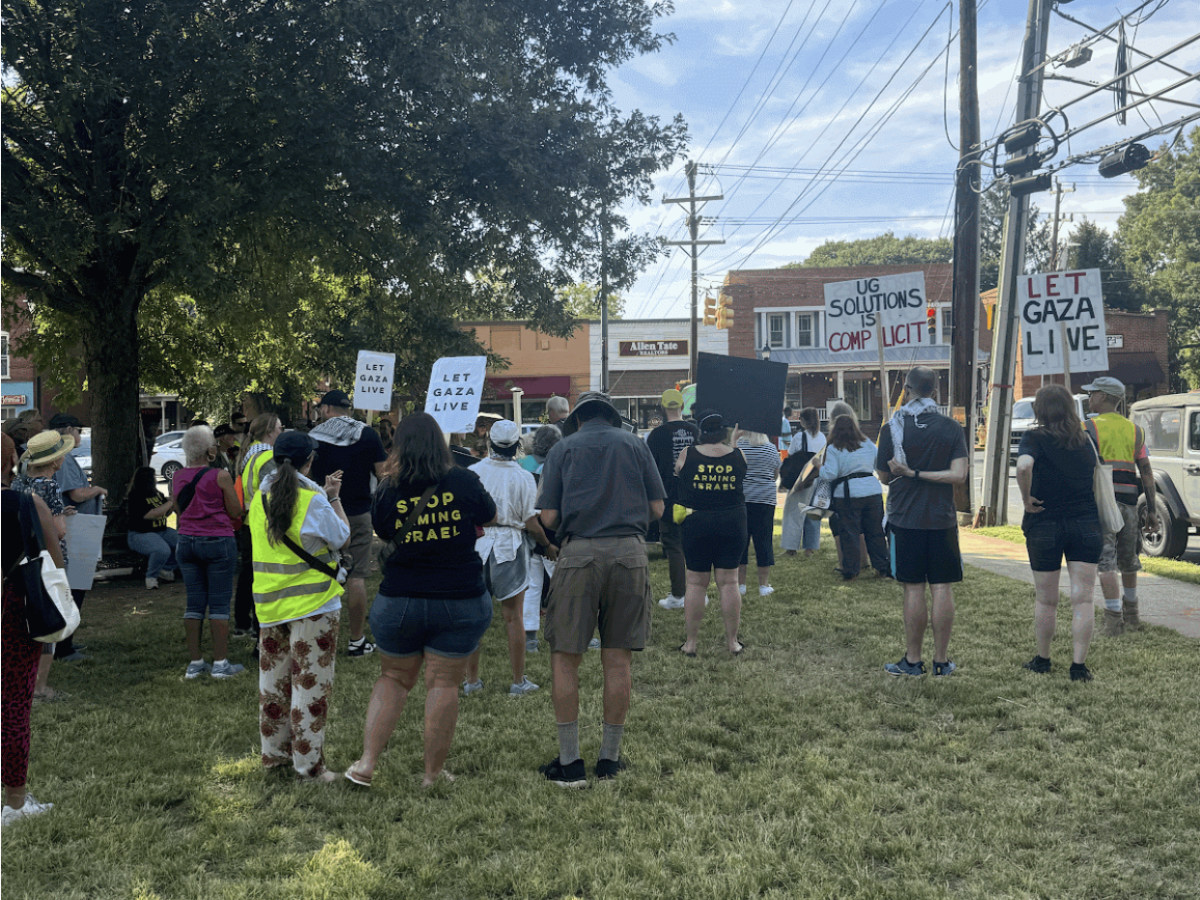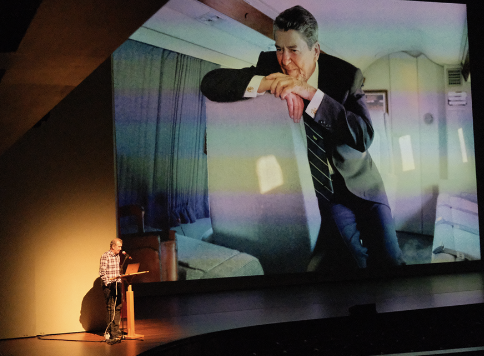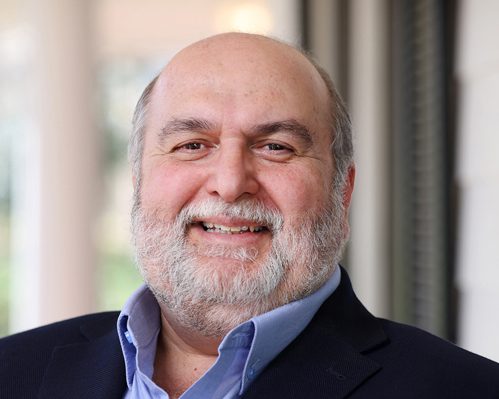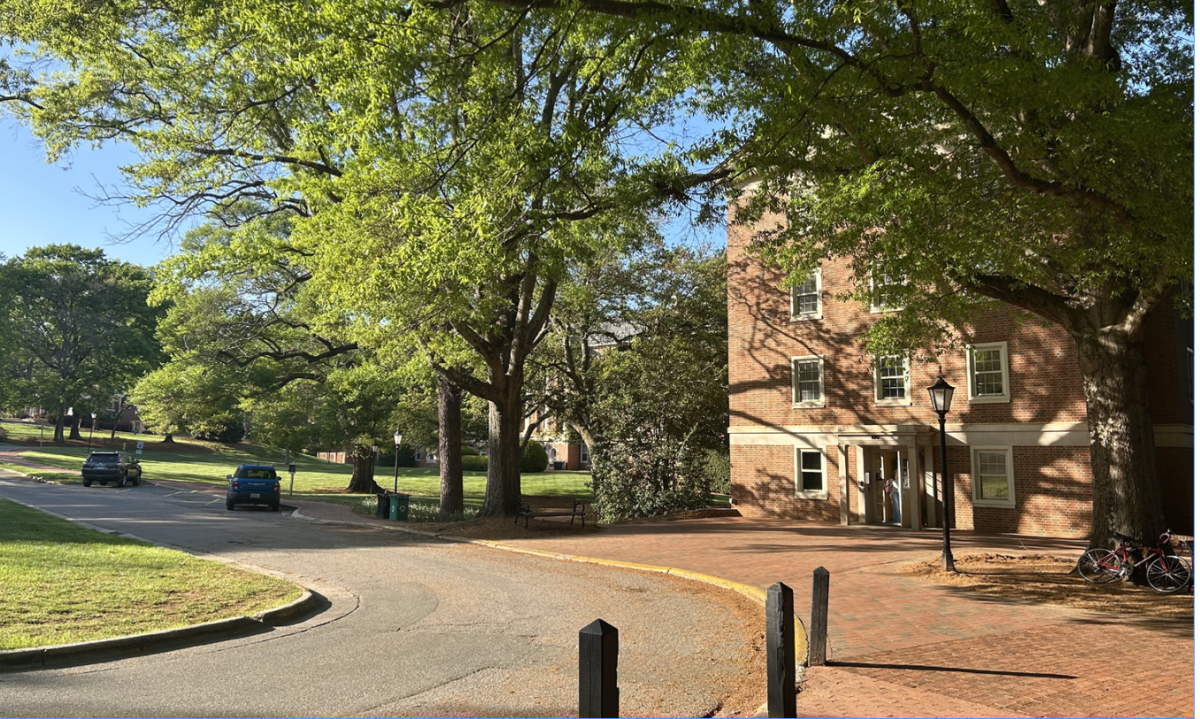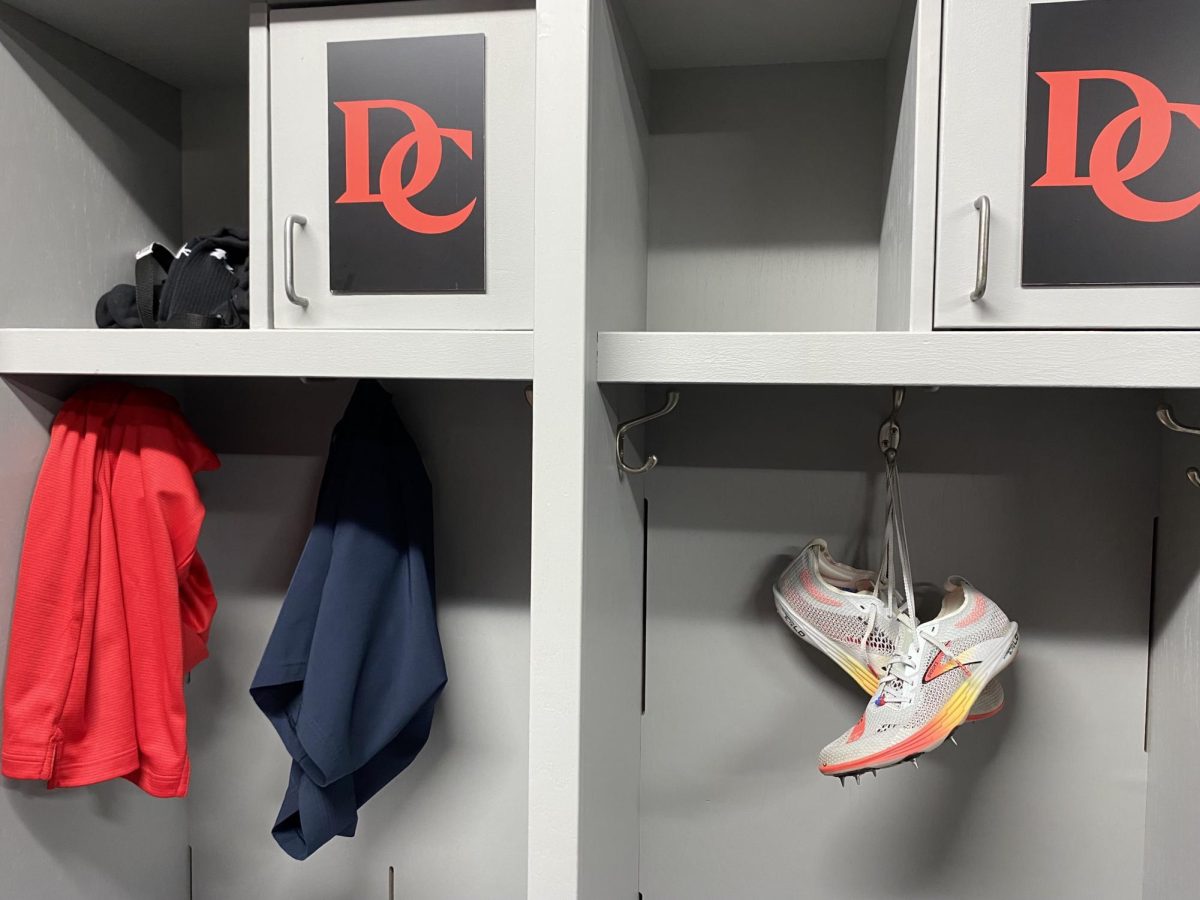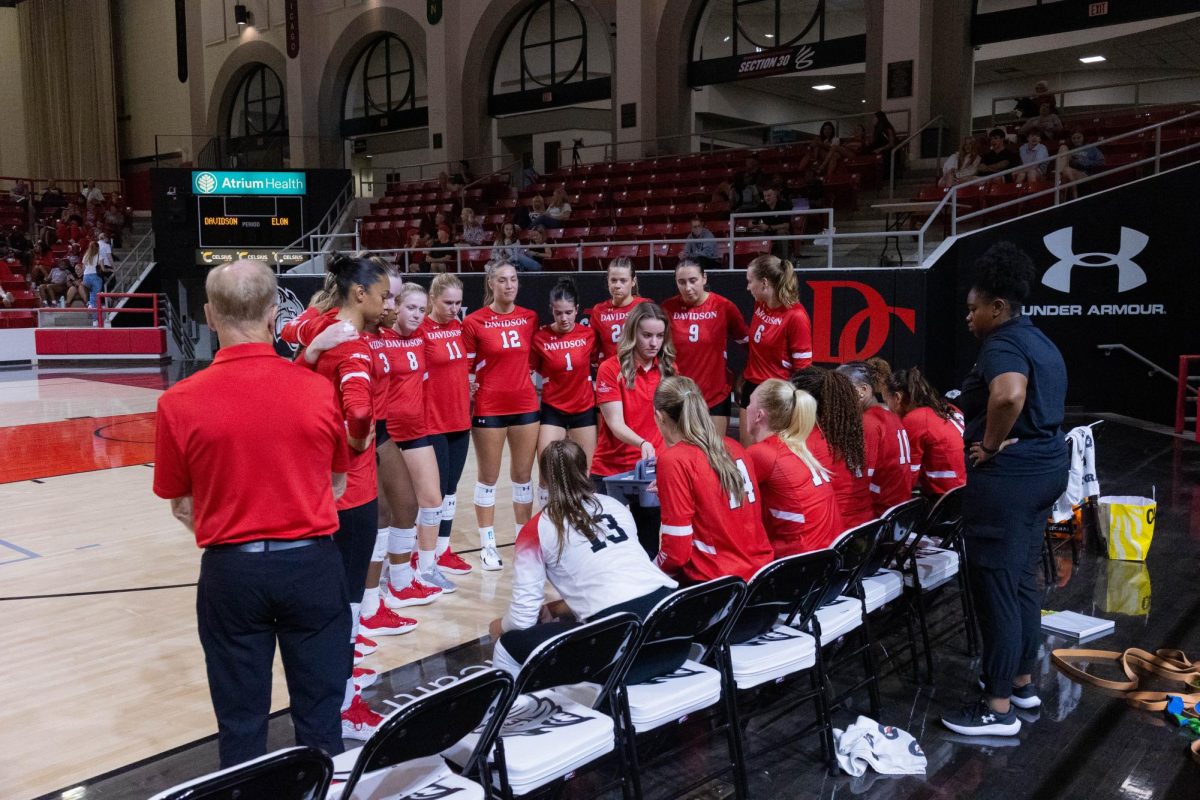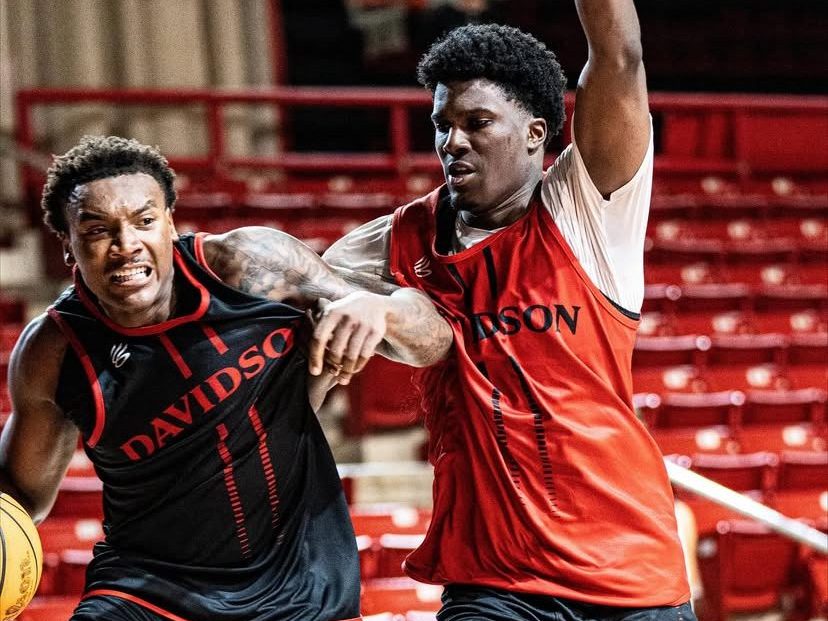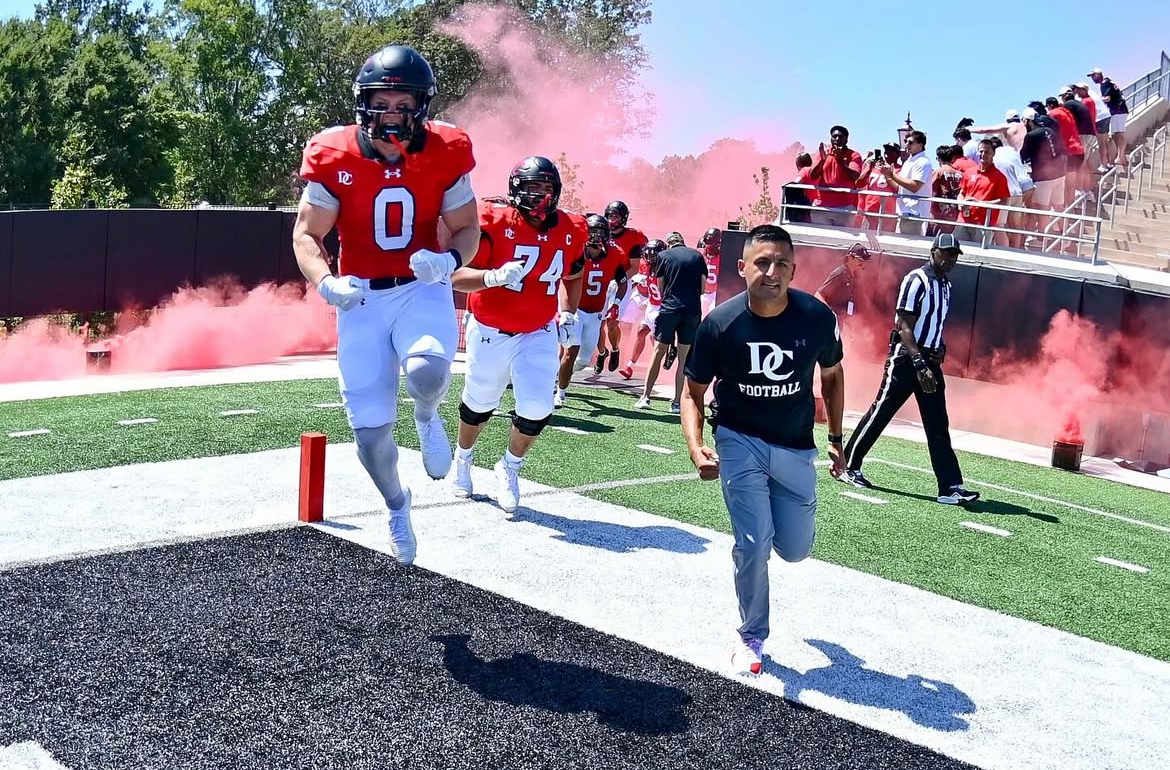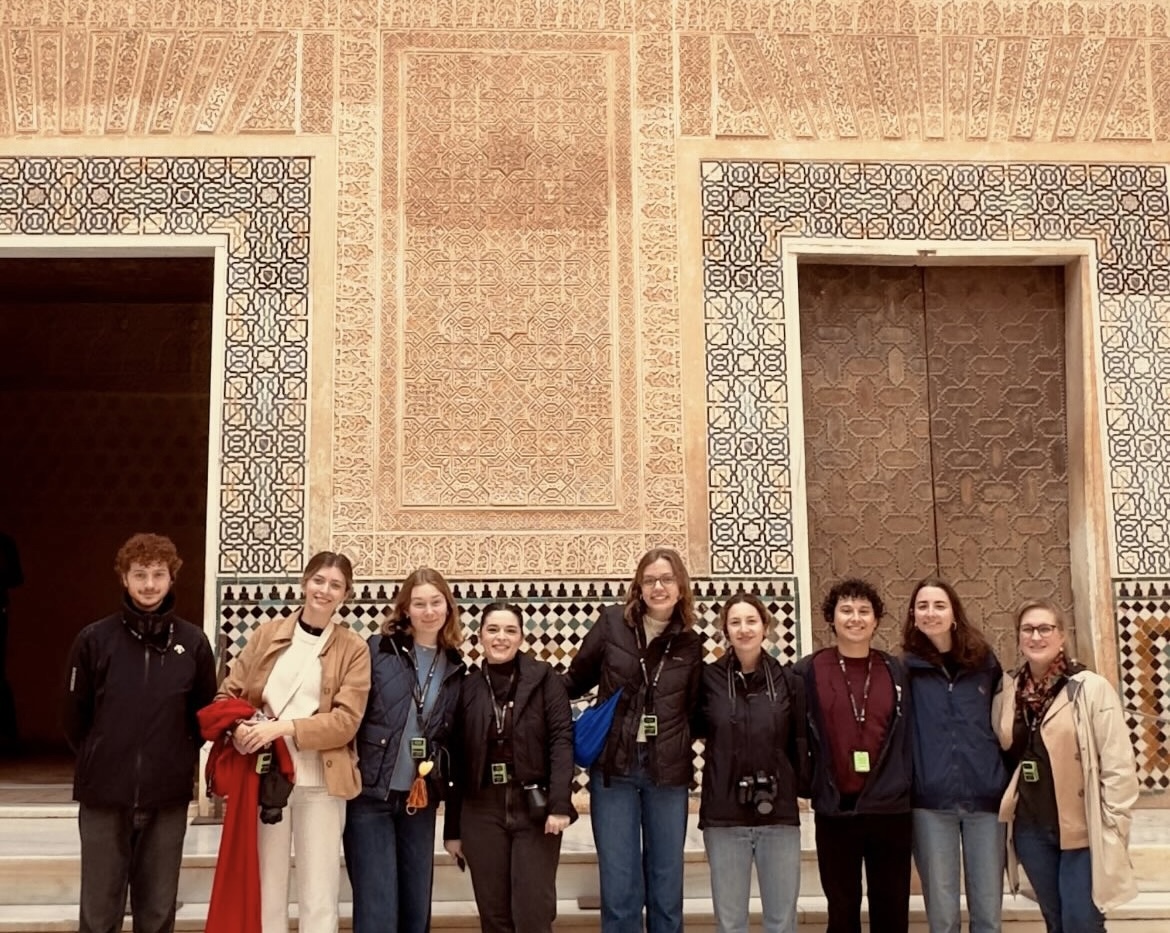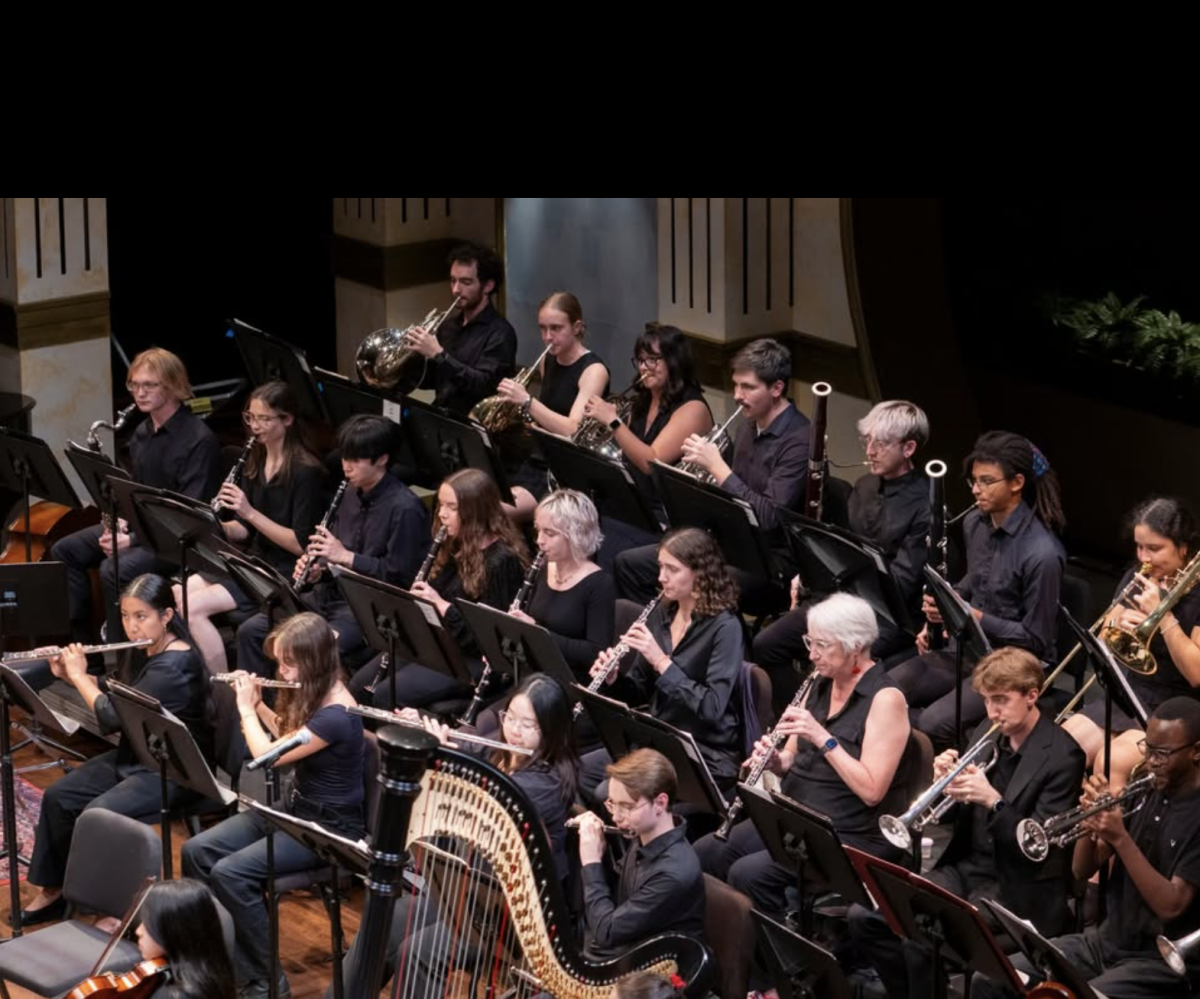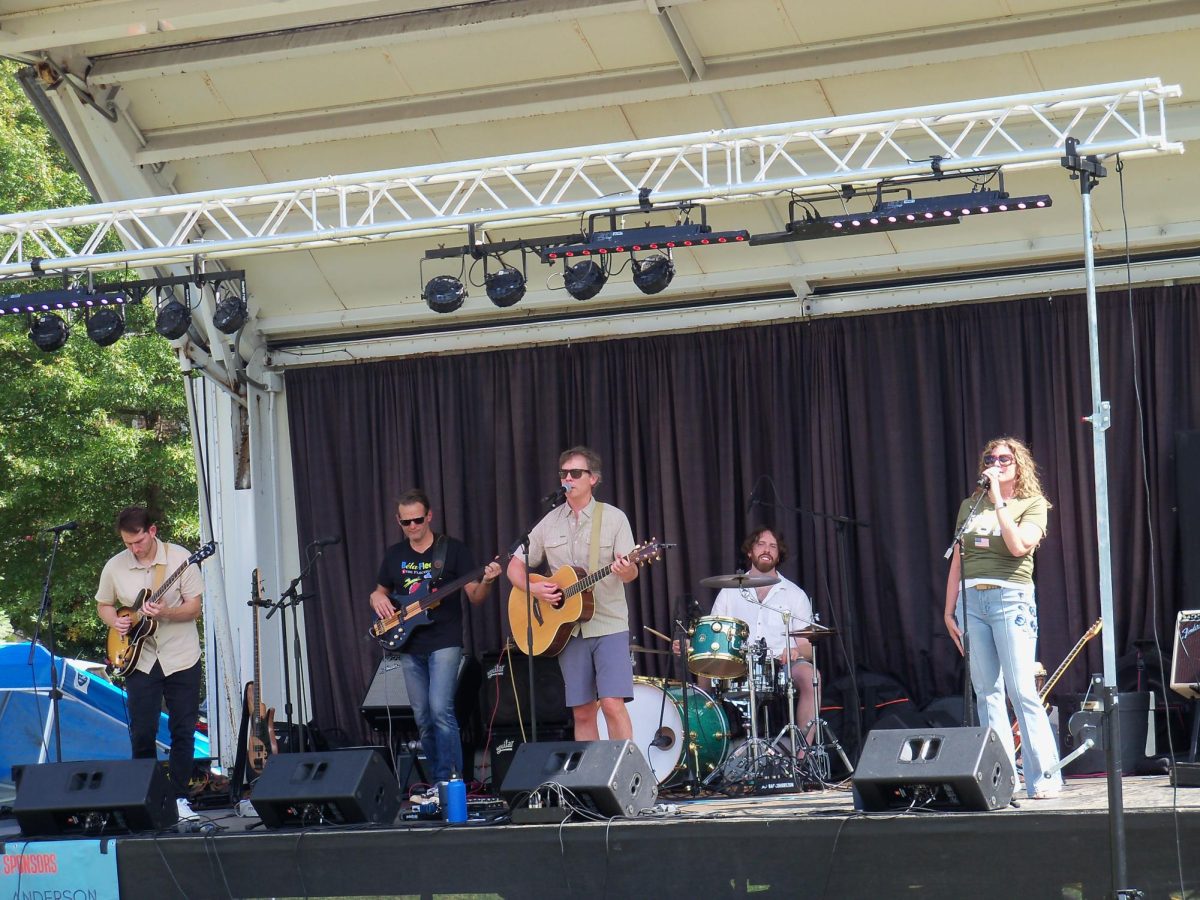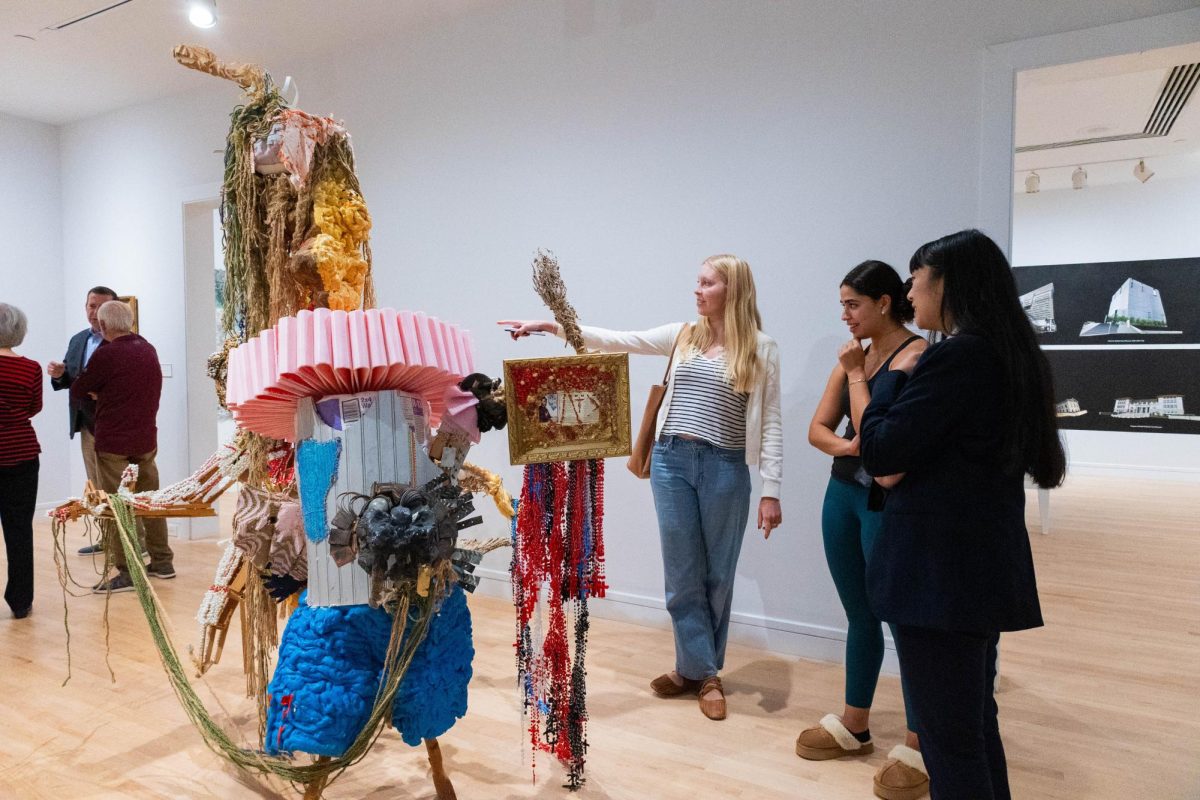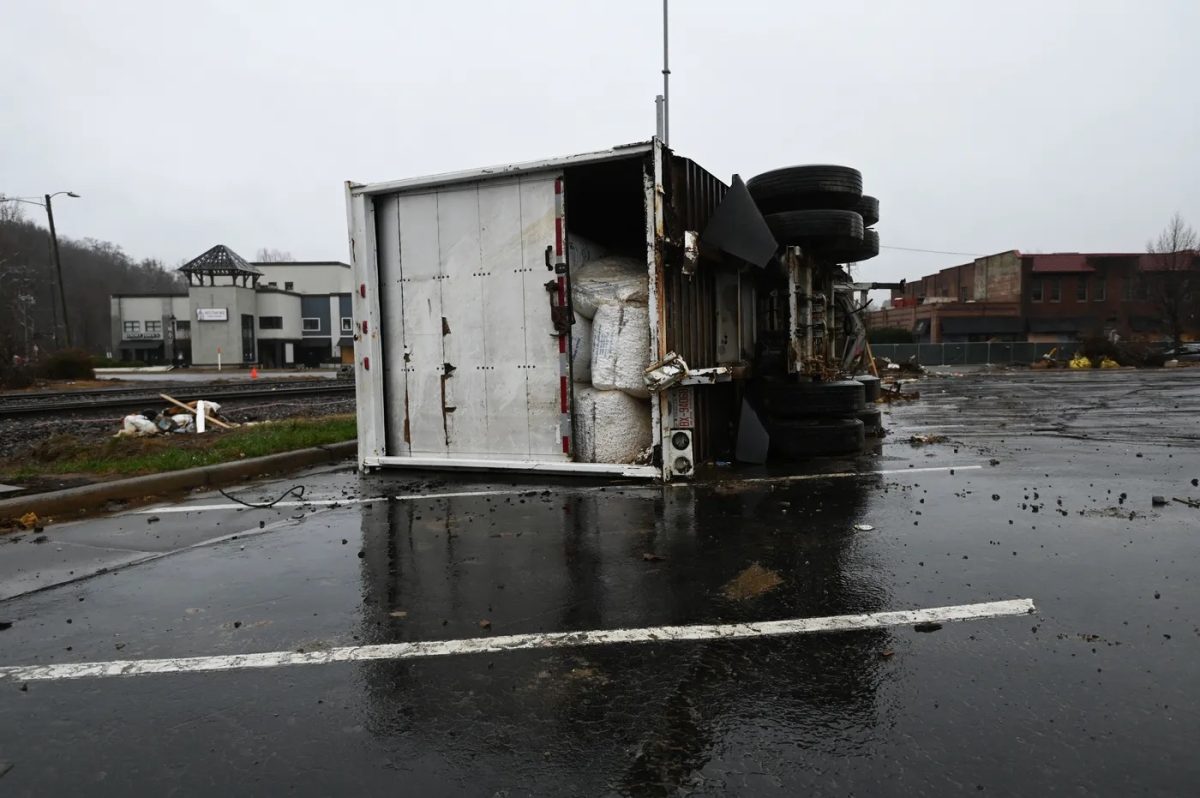When I first came to Davidson, not too long ago, I carried a simple belief about community service: if you are not doing something you care about, then what is the point? Service should not feel like a box to check off, or just another chore. It should be something that sparks passion and creates a sense of purpose.
As I have reflected on this belief, I have started to see the privilege behind it. To be able to choose what kind of service aligns with my values is a luxury. Even the ability to participate in service at all is a privilege. Many people around the world do not have the time, security, or resources to step away from their own needs to help others. At Davidson, service sometimes looks like a school requirement or a resume booster, but even those examples reflect privilege. Having the chance to show up for a few hours, whether out of obligation or passion, comes from a position of stability.
I saw this firsthand at the Davidson community garden. My first introduction came during Service Odyssey, when the work felt rewarding and worthwhile. But when I returned later, I noticed a different kind of atmosphere. As we weeded, I overheard conversations about football games, job applications, and weekend plans. The work itself wasn’t treated with much seriousness. For some, it felt as if they were getting credit simply for showing up once, while others in the community return every weekend and sustain the garden over time. That contrast reminded me of how service can sometimes become a pat on the back for minimal involvement rather than an ongoing commitment.
Observing this made me think about the broader way service is framed in America. Often, volunteering is portrayed as something optional, a way to feel good about ourselves, or a line on a resume. The praise and attention go to the volunteer rather than the work being done. People are applauded for showing up, not for the long-term effort required to make a tangible impact. This framing risks turning service into a performative act, a celebration of intention over results, rather than a sustained contribution to a community.
This does not mean passion should be ignored. I still believe the most meaningful service is the kind that connects to personal values and interests. That is why I enjoy the community garden. I care about sustainability, food access, and creating something tangible with my hands. When services resonates on such a personal level, it shifts from being a sacrifice to instead authentically participating in your community.
But passion cannot be the only lens through which we view service. If we focus solely on how it makes us feel, service loses its grounding in impact. Recognizing privilege pushes us to widen the frame. It means asking not just “What do I want to do?” but also “What needs to be done, and how can I help?”
At Davidson, we often talk about the importance of civic engagement and public service. And it is true that there are many opportunities to get involved here. But those opportunities do not exist in isolation. They depend on the resources of the community, the unpaid labor of consistent volunteers, and systems that allow some of us the freedom to step in and out of service while others live with the consequences every day.
Two things can be true at once: Service can be deeply fulfilling, but that fulfillment is a product of privilege. Recognizing both transforms volunteering from a feel-good moment into a deliberate responsibility–to show up, to commit, and to make a real difference where it matters most.



